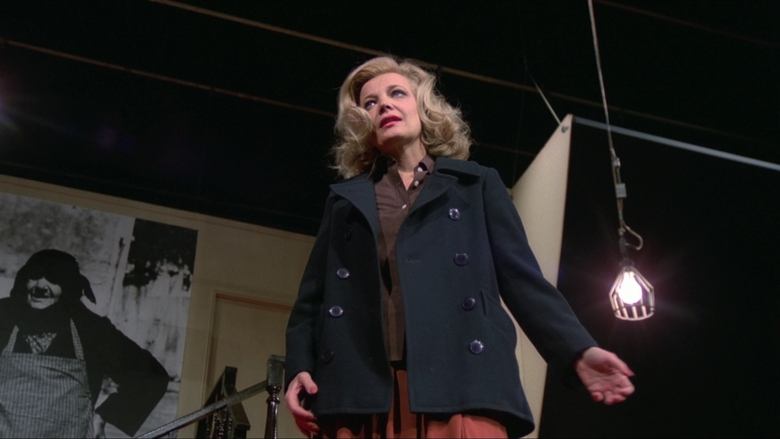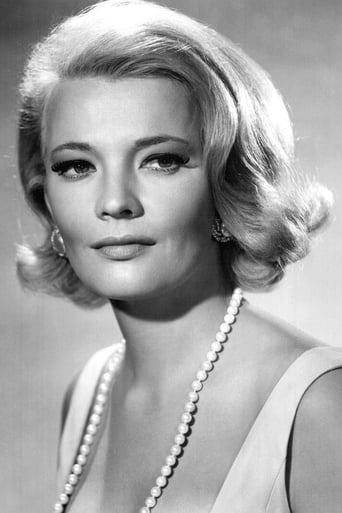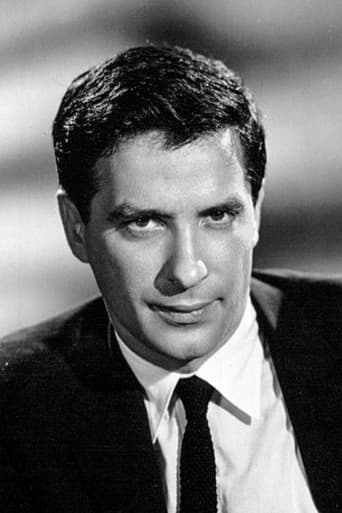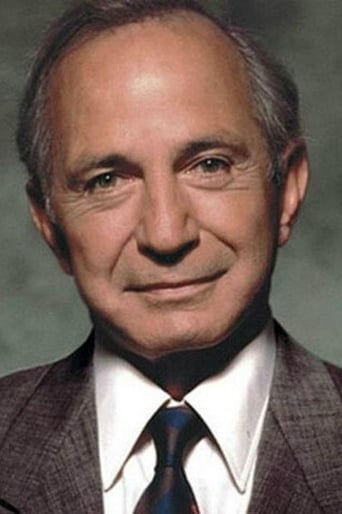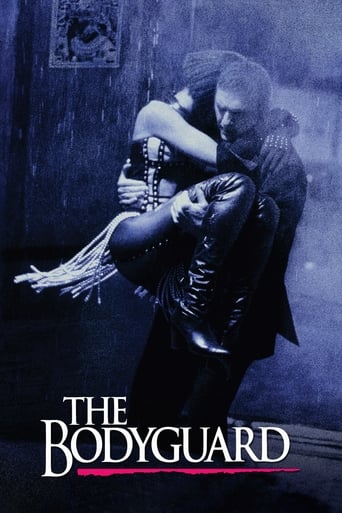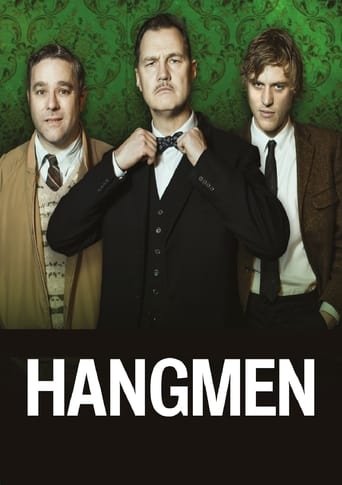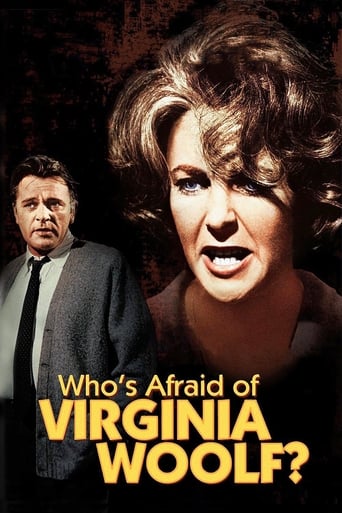Opening Night (1977)
Actress Myrtle Gordon is a functioning alcoholic who is a few days from the opening night of her latest play, concerning a woman distraught about aging. One night a car kills one of Myrtle's fans who is chasing her limousine in an attempt to get the star's attention. Myrtle internalizes the accident and goes on a spiritual quest, but fails to finds the answers she is after. As opening night inches closer and closer, fragile Myrtle must find a way to make the show go on.
Watch Trailer
Free Trial Channels
Cast


Similar titles
Reviews
just watch it!
Highly Overrated But Still Good
True to its essence, the characters remain on the same line and manage to entertain the viewer, each highlighting their own distinctive qualities or touches.
One of the best movies of the year! Incredible from the beginning to the end.
Famed actress Myrtle Gordon (Gena Rowlands) is starring in the new play "Second Woman". She is struggling with drink and stress. After a show, the group is driven back to the hotel. The car is stopped by an adoring fan who gets hit by traffic. Myrtle is horrified but they drive off. The rest of the group is more concerned with dinner. Myrtle is haunted by the young woman and then news come that she died. She is rejected by the grieving family. She goes to a seance. She starts to be literally haunted by her presence. Her performance gets ever more erratic as her drinking gets worst and she faces a crisis.This is an unpolished, raw performance and movie. I certainly prefer a lot more polish but there is no denying the raw power of Gena Rowlands. The other thing I would like is a play that I know. It may be more compelling for the play to be something well known. It would allow the film audience to understand when it's going off the rails. I feel similar to the audience walking out of the play with varying opinions. Obviously, I would like for this movie to be tighter and shorter but it may not be Cassavetes' taste.
The performances (how much was improvised?) save this film but it is deeply flawed.The main problem that I had with this movie is that the characters are so unappealing. Myrtle is so difficult to work with, it is strange how *everyone* from the director down to the doorman is in love with her. And Manny and co are no better - they blithely drive away from a fatal car accident - the dinner at the restaurant must have been really good! The plot is very contrived - since Myrtle obviously hates the play why did she sign up for it? And what director would not have an understudy ready to fill in on opening night for such an unreliable and unstable actress? There are much better films out there with the "performer goes crazy" theme - watch those instead.
Despite the very, very positive reviews for this film and a very high score of 7.9, this film is NOT for everyone. I think had the film been shown to a hundred people and they reviewed and scored it, it would have been a lot lower--and with a WIDELY skewed distribution. People would either love it or hate it. However, the average person also would not just pick up a film directed by John Cassavetes. They might love him in "The Dirty Dozen" or "Rosemary's Baby"--but these are his commercial projects and ones in which he only acted. His own films are very personal and don't even attempt to be commercial but are artsy and often about topics that aren't all that marketable. The bottom line is that he did films he loved to make and didn't seem to care if the public embraced them--at least that's the perception most people 'in the know' have of his movies.As for "Opening Night", it's clearly not intended as a crowd pleaser! Like many of his film, it stars his wife, Gena Rowlands, and is VERY introspective and non-traditional in style. In many ways, it plays like an Ingmar Bergman film as made by an American. And so, if you love Bergman, you'll probably love this film--and if you think Bergman is dull, then you'll DEFINITELY think this film is as well.The film also stars Ben Gazzara--another actor frequently used by Cassavetes. A couple other very interesting choices for major roles are Paul Stewart (a great heavy from the 1940s and 50s) and Joan Blondell (a star from the 1930s). It's nice to see these familiar faces late in their careers--as Hollywood seemed to have no interest in these veteran actors--yet Cassavetes just didn't seem to care about marketability."Opening Night" is a film that is about an opening night of a play. Unexpectedly, one of the star's fans VERY obsessed fans is killed outside the theater--and the star (Rowlands) begins to suffer what appears to be a nervous breakdown through the course of the movie. As far as the film's structure goes, it was VERY unconventional--with long scenes from the play interspersed throughout the movie. Also, like many Cassavetes films, it features odd camera work and occasionally use of a deliberately bad focus. Fans of Cassavetes will eat this up but the average person (if they even see the film) will be confused and probably very bored by the whole thing. I am not a typical film viewer and like a lot of artsy films--yet I must admit I did not enjoy this film. Perhaps if I see a few more of his films, then I will find myself a fan (this has happened on a few occasions with other beloved film makers). What I did like and appreciate is that at least the film took some risks and was not conventional. I really wanted to like this movie a lot more than I did.
It was once suggested by Pauline Kael, never a fan, that Cassavetes thought not like a director, but like an actor. What Kael meant was his supposed lack of sophistication as a filmmaker; to take that comparison further, to me, it never feels like Cassavetes is directing himself in a film, it feels like Cassavetes implanting himself inside his own creation, like Orson Welles. Cassavetes is just as much of a genius as Welles, but far more important as a true artist (as opposed to a technician or rhetorician). This is like a cross between Italian passion (though Cassavetes was actually Greek) and Scandinavian introversion. Never before have inner demons been so exposed physically.It's about the mystery of becoming, performing, and acting. Like a haunted Skip James record, it's got the echoes of ghosts all around. Rowlands' breakdowns, which are stupefying and almost operatic, surprising coming from Cassavetes, are accompanied by a jumpy, unsettling piano. Who is this dead girl? The metaphysical possibilities are endless, and it's amazing to find this kind of thing in a Cassavetes film, just the overt display of intelligence (there is also a brief bit of voice-over at the beginning). But then, he always was intelligent, he just never flapped it around for easy praise. This is not "Adaptation"; here, the blending of reality and fiction and drama is not to show cleverness but to show the inner turmoil and confusion it creates.There's so much going on. The pure, joyous love when Rowlands greets her doorman; the horror when she beats herself up... The scene where the girl talks about how she devoted her life to art and to music is one of the most effective demonstrations of understanding what it means to be a fan of someone. You can see some roots of this in "A Star Is Born," and Almodovar borrowed from it for "All About My Mother." I think the ending is a little bit of a disappointment because of the laughing fits, but the preparation leading up to it is almost sickening. (You can shoot me, but I think the alcoholism, despite its urgency in many of the scenes, is a relatively small point about the film.)It's a living, breathing thing, and it feels like a process: it could go any direction at any time. Like "Taste of Cherry," we are reminded that "you must never forget this is only a play." Yet it is dangerous: when Rowlands says that line, is it great drama? How will the audience take it? Is she being reflexive or does she just not care? Her (character's) breakdowns are incorporated into the performances, and ultimately the film, in such a way that it's like witnessing a female James Dean. 10/10


